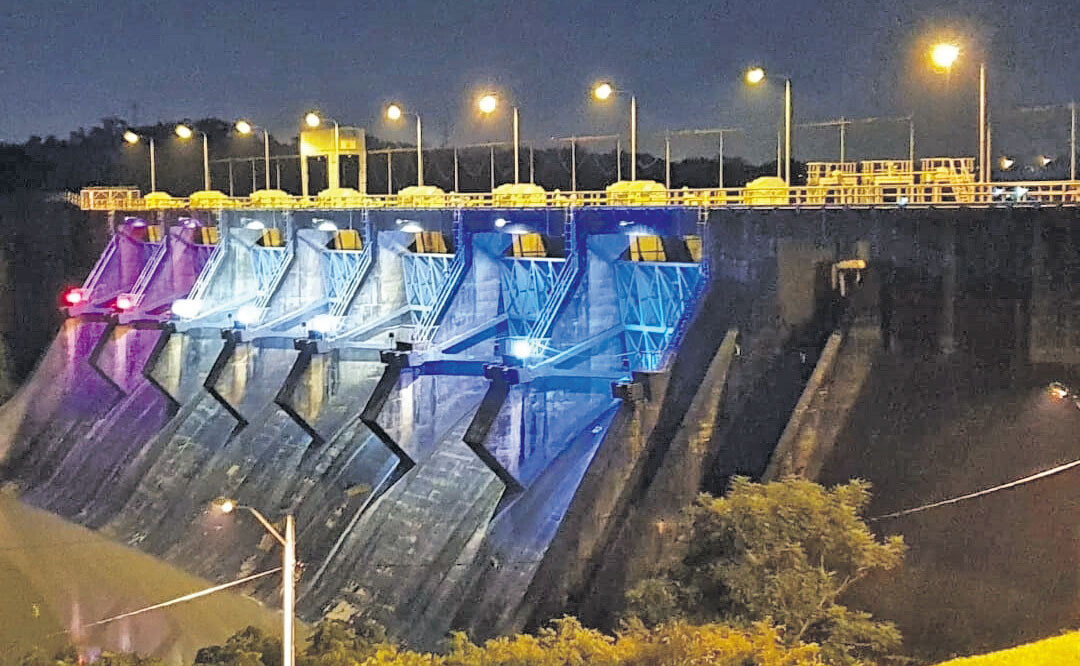
Brazilian companies are showing keen interest in Paraguay's electric power. So far, 28 Brazilian companies have been approved to purchase Paraguayan electricity, demonstrating the high interest of Brazilian firms in Paraguay's power generation. According to data from the Brazilian Ministry of Mines and Energy (MME) collected by the Paraguayan Electricity Administration (ANDE), this trend suggests a potential expansion to include power generated not only from the Acaray power plant but also from the Itaipú power plant. However, there's a strong voice within Paraguay advocating that these sales must occur at a fair price.
Brazil's Intent to Import Paraguayan Energy and Its Background
Brazil is moving to directly import Paraguay's surplus electricity. Dr. Victorio Oxilia Dávalos, an energy expert, explained, "Brazil is preparing for the agreement signed last year, which outlines the direct sale of Paraguay's surplus Itaipú energy to the Brazilian electricity market after 2026." This is analyzed as a result of Brazil's increasing energy demand combined with Paraguay's abundant hydropower potential.
The Importance of the 'Fair Price' Discussion
While Brazilian companies' intent to purchase Paraguayan energy is clear, Paraguayan experts emphasize the importance of a 'fair price'. Pedro Ferreira, former ANDE president, stated, "If they think Paraguay will just give away or gift its sovereign energy (Acaray), then the number of companies could be large." However, he added, "It's good if many prospective buyers are willing to pay a reasonable price." He suggested an appropriate selling price between $45 and $55 per megawatt-hour (MWh).
Dr. Oxilia also stated that the existence of trading companies approved by Brazil's MME "signifies great interest and expectation from serious companies regarding Paraguayan energy." This indicates that Paraguay should perceive this not just as an energy export, but as an opportunity to maximize its economic benefits.
Significance of the Itaipú Agreement and Potential for Private Sector Participation
The understanding on Itaipú Binacional energy-related guidelines, signed between Paraguay and Brazil on April 16 last year, marked a significant turning point, allowing Paraguay to sell energy in the Brazilian free market. Dr. Oxilia mentioned that Brazilian companies are moving quickly in response to this agreement. Currently, it is limited to energy produced by power plants other than Itaipú, with an average limit of 120MW, but there's a high likelihood of expansion to include Itaipú-generated energy in the future.
This opportunity is also open to private companies. Dr. Oxilia Dávalos emphasized that private companies can leverage this opportunity if they offer competitive prices to Brazil and negotiate the use of ANDE's transmission system. This involves delivering energy at 500kV from the Itaipú right substation via ANDE's national interconnection system.
Paraguay's Demand for Minimum Selling Price and Need for Reinvestment
Ferreira reiterated the need to "set a reasonable minimum selling price." He pointed out that if Paraguay does not use Acaray energy for domestic market supply and instead exports it, it would have to replace it with energy from the Yacyretá power plant ($28 per MWh) or the Itaipú power plant ($29 per MWh, based on ANDE's 2024 figures). Furthermore, he warned that purchasing more from one of these two sources would result in an additional $10 per MWh foregone from the revenue generated by the energy transfer.
Therefore, he argued that the minimum selling price should be set at $39 per MWh, plus losses and a return on investment for new power sources. This demonstrates the necessity of a strategic approach to prepare for future energy demand and strengthen national infrastructure.
Difficulties in Negotiating 100MW Sale from Acaray Power Plant and Future Outlook
Currently, Paraguay's ANDE has not yet finalized the sale of an average of 100MW of power from the Acaray hydroelectric plant to the Brazilian Free Electricity Market (ACL). The price competition, which began in May last year, saw 11 proposals received in June, and subsequently, seven companies qualified to purchase, but they are awaiting final approval from the National Economic Team. The highest bid price is reportedly $21 per MWh, which is far below the appropriate price suggested by Paraguayan experts.
This delay suggests that the Paraguayan government is approaching the matter cautiously to secure maximum national benefit. Amidst Brazil's high demand and Paraguay's abundant energy resources, it remains to be seen how Paraguay will negotiate a 'fair price' and formulate its future energy strategy. The outcome of these negotiations will profoundly impact Paraguay's energy sovereignty and economic development.
[Copyright (c) Global Economic Times. All Rights Reserved.]





























